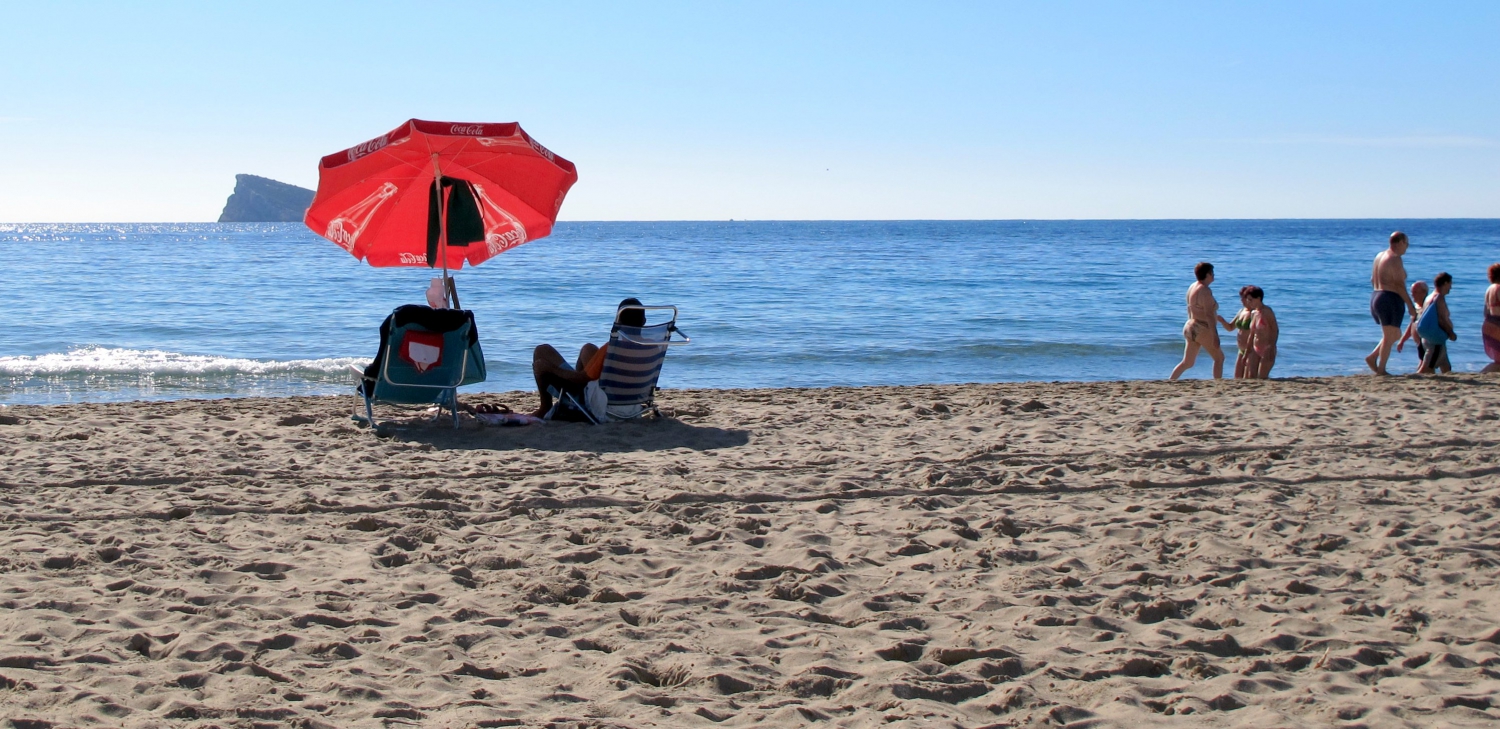Is Sunscreen Bad For You?
Book Top Experiences and Tours in Alicante:
If youʻre booking your trip to Alicante last minute, we have you covered. Below are some of the top tours and experiences!- Alicante: Canelobre Caves & Busot – Local Guided Tour
- Alicante: Seven Secrets of Alicante Discovery Tour
- From Albir and Benidorm: Day Trip to Alicante by Coach
- Alicante: Secret Flavors Food Tour
- Alicante: 3-Hour Coastal Catamaran Cruise
Why use sunscreen?
Sunscreens do exactly what they say on the bottle - they screen you from the harmful UVA and UVB rays from the sun which can damage the skin, age it prematurely and increase the risk of skin cancer.
UVB is the chief cause of sunburn while UVA rays are associated with wrinkling or leathering of the skin. They can also worsen the carcinogenic effects of UVB rays, according to the Skin Cancer Foundation.
Most sunscreens with a Sun Protection Factor - SPF - of 15 or more protect against UVB. An SPF 15 filters out about 93% of UVB rays, SPF30 filters 97% and SPF50 keeps out 98%. The lighter your skin, the higher the SPF you need for added protection.
Many moisturisers have a sunscreen in them which is fine for everyday activities. However if you are sunbathing, playing outside or work outdoors, you'll need a special sun cream. You should use about 1oz reapplied every two hours. It should first be put on 30 minutes before going out in the sun too. You should use it even if it is cloudy outside because up to 40% of the sun's ultraviolet radiation can still penetrate through the clouds.
Downside to using sun cream
Using sunscreen can give you a false sense of security as you feel you are protected. But, as we mentioned, not all of the UVB rays can be filtered out. British Medical Journal research showed this false sense of security encouraged some people to sunbathe for longer periods and during the hottest part of the day, making them more prone to cancer. Instead it is advisable to stay indoors or in the shade during the hottest times of the day or cover up with long sleeves and wide-brimmed hats.
Also. some of the chemicals in sunscreens are considered to be hormone disruptors affecting how oestrogen and other hormones act by either blocking them or mimicking them, according to the Environmental Working Group. Oestrogen can make hormone-receptor-positive breast cancer develop which is why some women are limiting their exposure to chemicals that act like this hormone,
Other chemicals found in sun creams such as benzophenones, including oxybenzone, can sensitize the skin so it is more prone to inflammation, rashes or allergic reactions. Some of the preservatives and scents can also cause allergic reactions or irritation to the skin.
Let Cancer Research UK have the last word
According to Cancer Research UK, more than eight in 10 cases of melanoma skin cancer in the UK could have been prevented by avoiding sunburn and enjoying the sun safely. Its advice is to spend time in the shade; cover up with clothes, a wide-brimmed or 'legionnaire-style' hat and sunglasses; and use a sunscreen of at least SPF15 and four stars.
Finally it says people should not use sunscreen in order to spend more time in the sun because no sun cream can provide 100% protection.



























